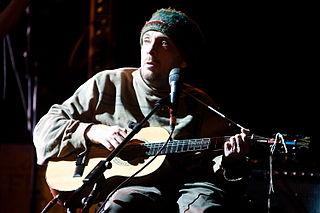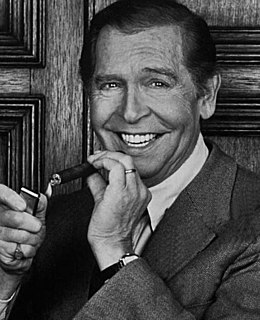A Quote by Debra Monroe
Grading creative writing is always an ethical dilemma. But what you brought up about grading personal stories versus the research paper is of course a truly volatile issue in teaching memoir or the personal essay, because there's no pretense that the narrator is a character.
Related Quotes
Now the truth is, writing is a great way to deal with a lot of difficult emotional issues. It can be very therapeutic, but that's best done in your journal, or on your blog if you're an exhibitionist. Trying to put a bunch of *specific* stuff from your personal life into your story usually just isn't appropriate unless you're writing a memoir or a personal essay or something of the sort.
At last I understood that the way over, or through this dilemma, the unease at writing about 'petty personal problems' was to recognize that nothing is personal, in the sense that it is uniquely one's own. Writing about oneself, one is writing about others, since your problems, pains, pleasures, emotions—and your extraordinary and remarkable ideas—can't be yours alone. [...] Growing up is after all only the understanding that one's unique and incredible experience is what everyone shares.
There are so many stories that need to be told and are not being told. We tend to want to put things in boxes: "This is a memoir about a Muslim," or "This is a memoir about a woman or a normal personal." There's a certain story that assumes to be universal. Everyone else is ethnic fiction. Anyone can aspire to universality.
The function of high school, then, is not so much to communicate knowledge as to oblige children finally to accept the grading system as a measure of their inner excellence. And a function of the self-destructive process in American children is to make them willing to accept not their own, but a variety of other standards, like a grading system, for measuring themselves. It is thus apparent that the way American culture is now integrated it would fall apart if it did not engender feelings of inferiority and worthlessness.
The only phenomenon with which writing has always been concomitant is the creation of cities and empires, that is the integration of large numbers of individuals into a political system, and their grading into castes or classes. It seems to have favored the exploitation of human beings rather than their enlightenment.
What I think is important about essayists, about the essay as opposed to a lot of personal writing is that the material has to be presented in a processed way. I'm just not interested in writing, "Hey, this is what happened to me today." You get to a place that has very little to do with your personal experience and talks about some larger idea or something in the culture. I don't think you can get to that unless you have had a lot of time to gestate and maybe if I was taking a lot of notes while stuff was going on, I wouldn't be able to get to that place as easily.
But it's hard for me to pinpoint where all my characters and dialogue come from - imagination or real life. My memoir, of course, was all about my past, and many of the short stories cleave very closely to my life, but the more stories I wrote in the collection, the more that seemed to be invented, but who knows... I think I'm writing about a young woman with acne who shoplifts, but I'm really writing about myself.







































